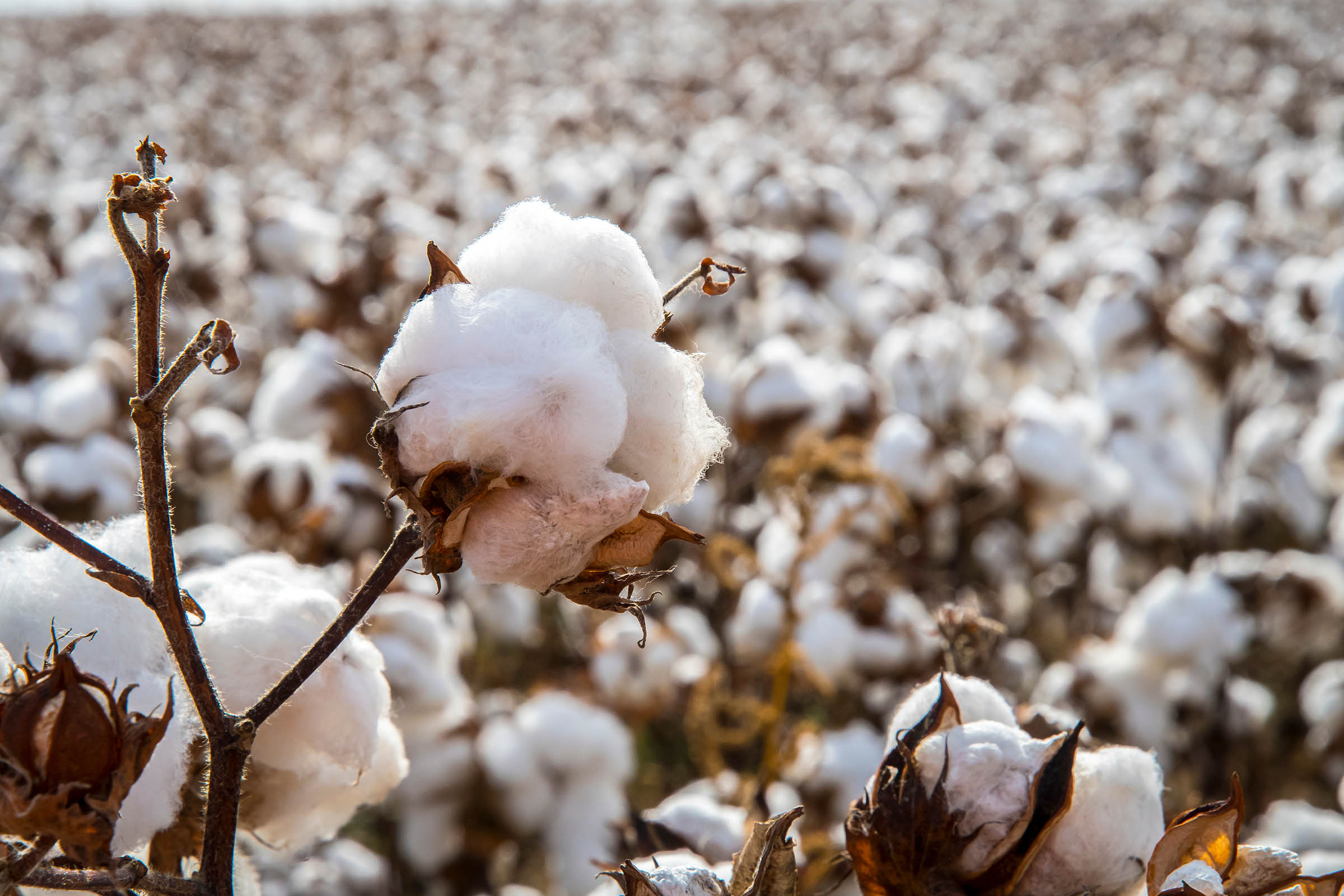WSSA member scientist receives $10 million grant for climate-smart cotton research

The Weed Science Society of America, Westminster, Colorado, applauds its member-scientist and Texas A&M University Agronomy Professor Muthukumar Bagavathiannan, Ph.D., for a recent $10 million coordinated agricultural project grant award from the U.S. Department of Agriculture’s National Institute of Food and Agriculture to pursue climate-smart cotton production research.

“All of us at WSSA are both grateful to the USDA for its Visionary Sustainable Agricultural Research funding and ecstatic for Dr. Bagavathiannan for this opportunity to discover more sustainable ways to advance climate-smart agricultural practices, to include controlling weeds,” said Greg Dahl, WSSA president. “We’re especially interested in the grant being used to develop and evaluate precision farming, artificial intelligence, machine learning and smart technologies, which could be adapted for any crop or land-management use, in addition to cotton production, to help with resource conservation and climate-change mitigation.”
NIFA awarded the Texas A&M Climate-Smart Cotton grant as part of its Agriculture and Food Research Initiative, and Sustainable Agricultural Systems program area with the goal “to transform the U.S. food and agricultural system and sustainably increase agricultural production in ways that also reduce its environmental footprint.” More specifically, Bagavathiannan is leading a project team that “seeks to transform cotton production in the southern United States into a more sustainable, climate-smart enterprise by applying improved precision management practices to increase carbon sequestration and reduce greenhouse gas emissions; enhance pest control and nutrient and water management and address labor challenges while creating new market opportunities.
The grant will cover research throughout the Cotton Belt, with help from team members with affiliations with WSSA. These include Ramon Leon, Ph.D., NC State University; Nicholas Basinger, Ph.D., University of Georgia; Aniruddha Maity, Ph.D., Auburn University; Peter Dotray, Ph.D., Texas Tech University; Benjamin McKnight, Ph.D., Texas A&M AgriLife Extension; Scott Nolte, Ph.D., Texas A&M AgriLife Extension; Joseph Burke, Ph.D., Texas A&M AgriLife Research; Nithya Subramanian, Ph.D., Texas A&M AgriLife Research; Charles Cahoon, Ph.D., North Carolina State University; Daniel Martin, Ph.D., USDA-ARS, Aerial Application Tech., College Station, Texas; and Steven Mirsky, Ph.D., USDA-ARS, Beltsville, Maryland, as a collaborator.
The entire team includes many other agronomists, soil scientists, biologists, engineers, social scientists and extension specialists throughout the U.S. Cotton Belt, as well as industry stakeholders and nonprofit organizations.
The new sustainable research funding will encompass multiple objectives to address climate change in the Cotton Belt. “The end goal is to promote the adoption of regenerative, climate-smart cotton production practices through innovative research and collaborative extension and outreach activities,” Bagavathiannan said. “We want to provide educational opportunities to train the next generation of research and extension scientists and practitioners, including under-served communities, and empower the rural workforce.”
Unlike other major U.S. cash crops, cotton production continues to rely extensively on tillage. According to the USDA Economic Research Service data (2022), cotton growers have only been able to adopt conservation tillage systems on 43% of acres, compared to 76% for corn, 74% for soybeans and 68% for wheat. Reducing tillage intensity is vital to improve soil health, reduce soil erosion and minimize nutrient runoff, all of which are important aspects of climate-smart agriculture.
“Weed management challenges, especially resistant weeds, are a key driver for the relatively high tillage activity in cotton production,” Bagavathiannan said. “Being a perennial crop, cotton grows slowly during early growth and is highly sensitive to weed competition, requiring more aggressive weed management to ensure successful production.”
Sustainable weed management is a critical component of climate-smart agriculture, an aspect often overlooked.
“This grant will help tremendously to explore specific cotton farming and alternative weed control practices, including cover crops and living mulches, to successfully reduce tillage intensity and improve soil health,” Bagavathiannan said. “The development and utilization of precision technologies for field diagnostics, decision-making and site-specific management for weeds and other agronomic issues is a significant focus. The project will also help to uncover beneficial cotton root traits with rooting patterns and exudates that help better compete with weeds, among other climate-beneficial traits, and minimize the impact that weed control and other agricultural practices have on the environment. It will also investigate how buffer strips can offer multiple ecosystem benefits, including the support for pollinators and protection of threatened and endangered species.”


